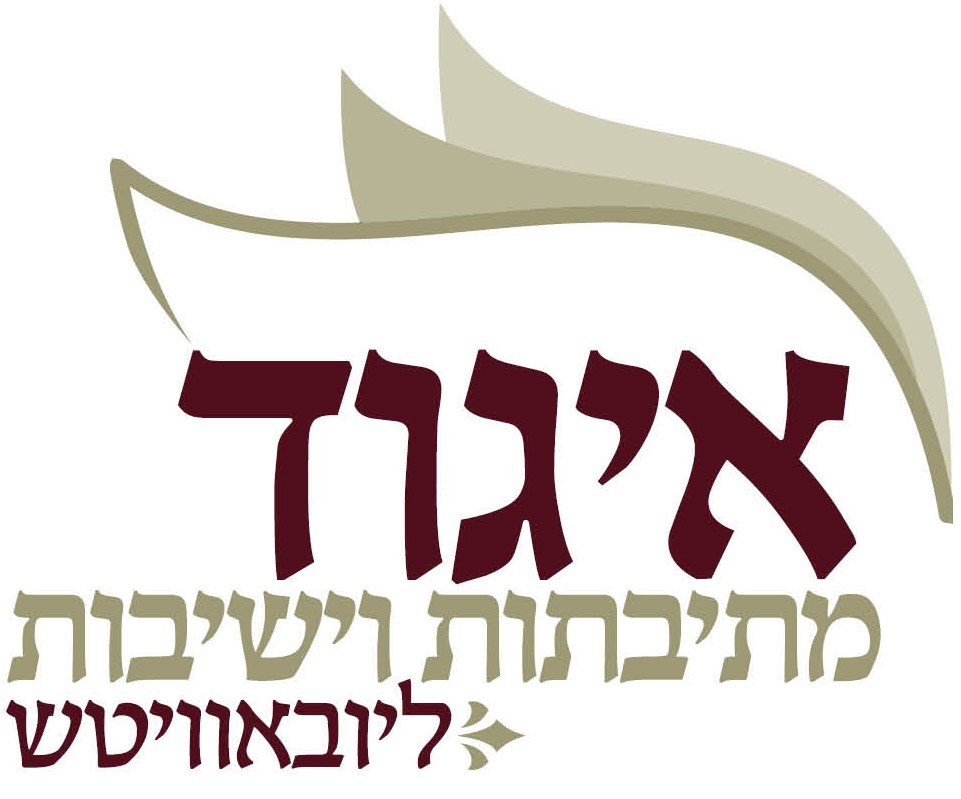Dear _________
In response to your letter a few weeks back regarding the Rebbe’s צוואה.
This email is very overdue.
I have been putting it off day by day because really it needs far more than an email. But your question is something I feel cannot wait until I can write up something fully comprehensive.
So allow me to lay out for you the general framework, and follow on with Hashem’s help shortly, with the more comprehensive and intensive work (I have begun to work on it).
***
By way of introduction, let me first explain that everything in this world runs in a “system”.
A system is an overarching way of the way something works. A כלל through which all the details fall into place.
Similar to what you would have learned about in Yeshiva as לשיטתיה.
The system is the general rules that allow us to decide how to tend to details. And when we understand the general rules the details are much easier to follow.
Daylight tells us it is time to be awake. Dark tells us it (soon) time for bed.
The צוואה specifically discusses the Moisdos, and we will discuss that אי״ה. But your question, as I understand it, is about what the Rebbe wants us to follow in regards to leadership.
I do think that as a Bochur (and even not as a Bochur), a proper understanding of the system the Rebbe wants us to follow after Gimmel Tammuz, has to start before that:
In the ‘System’ the Rebbe set up for each Chossid.
A system, which was described to me by a leading figure in a different Chassidus as “the clearest example of שכל אלוקי”.
The reality is, that whilst the Rebbe only made the צוואה for the Moisdos in 5748, the Rebbe began teaching us how live our lives after Gimmel Tamuz many years before that.
So let me present this to you over the next few weeks by way of כללים:
Klal Number 1: Whilst we have Siata Dishmaya, and are given Koach to do our rolls – that does not make us ‘Rebbes’.
We are regular people and must be wary of challenges of human nature.
Similarly, We do not know what is going on in the heart of another without them telling us. We don’t talk with רוח הקודש and we have a Yetzer Hora that can lead us astray including in matters that are בין אדם לחבירו.
Klal Number 2: You are responsible for yourself.
It is basic tenant of חב״ד – that it is the responsibility of the Yid to elevate their physical body through their own positive work in מחשבה דיבור ומעשה and self control in the same.
This is the very foundation of דירה בתחתונים.
Yet, whilst your Avoda is your responsibility
Klal Number 3: We all need help.
(In essence, the third כלל is the need for leadership but Defining this will make this email too long, so we will revisit this in the weeks to come IYH).
It is incredibly important to have an outside party (someone not קרוב אצל עצמו) to provide the יחיד with feedback, support, guidance and assistance in being משלים את החסר.
***
We will get to leadership in the broader picture (Kehilos, city’s, central Moisdos etc.) in the next weeks, but for now let’s sum up these three כללים in the way it relates to our personal lives as an individual.
The need for a משפיע – following the words of the Mishna: עשה לך רב.
Choosing your משפיע, your “spiritual guide” if you will, is one-hundred-percent your responsibility.
It is specifically designed that way, so you can choose someone you feel comfortable with and will be open and honest with them.
On a practical level this means that who you choose as your משפיע is up to you. It is your responsibility to find someone you will open up to.
Because the more you are open with them the more they can guide you.
(I would be remiss if I didn’t point out here how clearly the Rebbe believes in us, our desire to do the right thing, and had the trust in us that we wouldn’t choose some….)
Ideally you should be talking to your Mashpia once a week, discussing how your week went, where you struggled and where you succeeded.
Discuss specifics: Tell your Mashpia some situations that came up. How you handled them and have him help you assess whether and where you could have or should have handled it differently.
The Rov of Cracow and it’s Rosh Yeshiva was R Shalom Shachna, in many ways the founder of the דרך הלימוד we know as פלפול.
He hired someone called a מוכיח, this individual (who i imagine must have been a man of incredible stature in his own right), would sit with R Shalom Shachna all week every week and observe him, and at the end of each week he would give him feedback on how he acted, and highlight where improvement is recommended.
R Shalom Shachna had considerable means, and could pay a salary for someone like this, we, it goes without saying, can’t. So we improvise and do what most people do; remember (or right down short notes) the highlights and report them to an independent person, someone we are not ashamed will know our secrets, so that he can catch us before we fall, and guide us back when we do.
Next week we will IYH discuss how we are to deal with questions in Gashmiyus.
